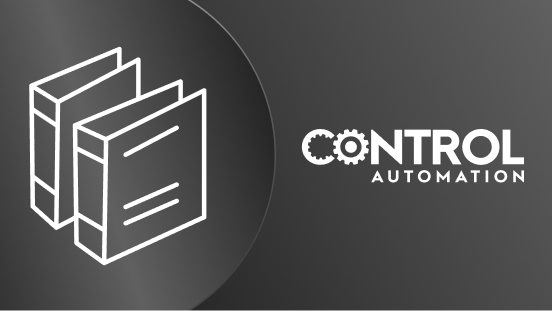
A great many chemical composition measurements may be made indirectly by means of electricity, if those…
Textbook

Sometimes we encounter a diversity of instrument signal standards in one control system. Such is the case with…
Textbook

The final step in treating wastewater before releasing it into the natural environment is to kill any harmful…
Textbook

pH is the measurement of the hydrogen ion activity in a liquid solution. It is one of the most common forms of…
Textbook

A chemical reaction resulting in a net release of energy is called exothermic. Conversely, a chemical reaction…
Textbook

A Safety Instrumented Function, or SIF, is one or more components designed to execute a specific…
Textbook

Process analyzers measure the concentration of specific substances for the purpose of measuring and/or…
Textbook

The three “elementary” particles of matter comprising all atoms are electrons, protons, and…
Textbook

Feedback Control System Components Before we begin our discussion on process control, we must define a few key…
Textbook

Most of these formulae appear in molecular chemical form rather than structural form. For example, ethanol…
Textbook

As we have seen, feedforward control is a way to improve the stability of a feedback control system in the…
Textbook

The advent of “smart” field instruments containing microprocessors has been a great advance for…
Textbook

To review, voltage is the measure of potential energy available to electric charges. Current is the uniform…
Textbook

In order for any PID controller to be practical, it must be able to do more than just implement the PID…
Textbook

Fluid pressure exerts force on any surface area it contacts, as described by the formula \(F = PA\). One…
Textbook

As defined previously, calibration means the comparison and adjustment (if necessary) of an instrument’s…
Textbook

Control valves are supposed to deliver reliable, repeatable control of process fluid flow rate over a wide…
Textbook

Classical mechanics (often called Newtonian mechanics in honor of Isaac Newton) deal with forces and motions…
Textbook

Regulating the electric power sent to an electric motor is a task performed by high-speed switching…
Textbook

Given the ability of pressurized fluids to transmit force over long distances, it is not surprising that many…
Textbook

A damper (otherwise known as a louvre) is a multi-element flow control device generally used to throttle large…
Textbook

An engineer named Bob Metcalfe conceived the idea of Ethernet in 1973, while working for the Xerox research…
Textbook

Filled-bulb systems exploit the principle of fluid expansion to measure temperature. If a fluid is enclosed in…
Textbook

Many liquid substances undergo a process whereby their constituent molecules split into positively and…
Textbook

Atom: the smallest unit of matter that may be isolated by chemical means. Particle: a part of an atom,…
Textbook

Valve actuators provide force to move control valve trim. For precise positioning of a control valve, there…
Textbook

A wise PLC programmer once told me that the first thing any aspiring programmer should learn about the PLC…
Textbook

While 50 and 51 (instantaneous and time overcurrent) relay functions monitor line current magnitude and guard…
Textbook

Earlier in this chapter you were shown a model of a nitrogen atom with a dense nucleus (comprised of protons…
Textbook

Three-phase AC is the dominant mode of electric power generation and distribution in modern societies.…
Textbook

Two extremely important principles in electric circuits were codified by Gustav Robert Kirchhoff in the year…
Textbook
